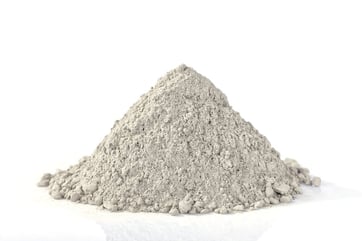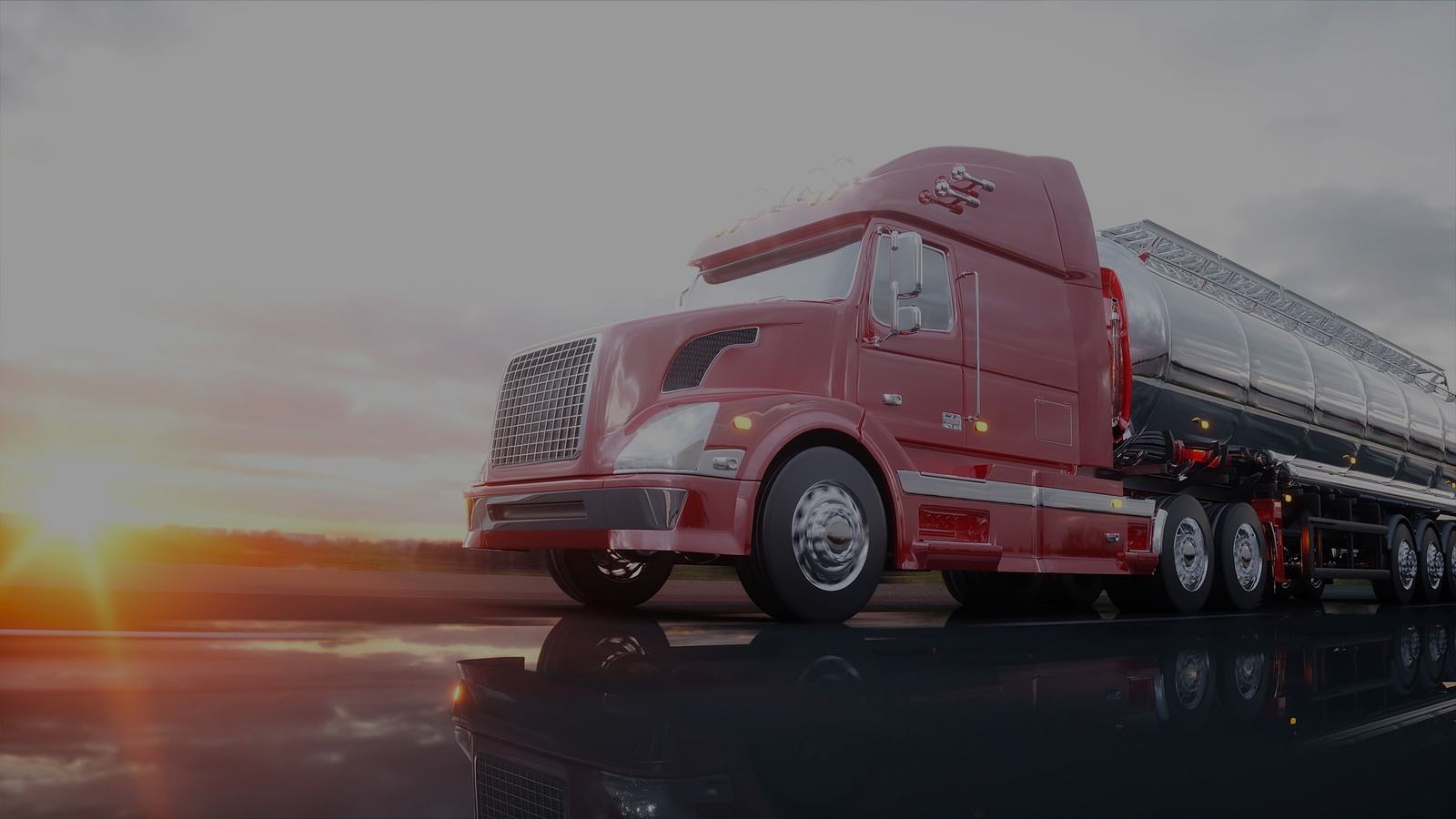From the foundation of your house to the ingredients in the foods you eat, many of the items you encounter every day started out in powder form. And many of those powders were shipped over the road using dry bulk trailers and equipment, such as those provided and/or arranged by third-party logistics (3PL) professionals. If you’re tasked with bulk powder transport for your business, read on as we break down a variety of elements you need to consider before putting your loads into motion.
7 key considerations for working with a bulk transport 3PL

In the U.S., commonly shipped bulk powders include industrial materials like PVC resin powder, clay, and cement, as well as food-grade products like corn starch and sugar (dextrose). While each type of powder will have its own unique properties, it’s important to understand that there are often certain grades of each powder and the way that each grade is treated (or untreated) that may further alter its characteristics.
Before finding a dry bulk carrier or dry bulk freight brokerage to transport your bulk powder load, however, there are multiple bases you should cover. These include items related to your product’s safety, as well as those related to your 3PL partner’s ability to handle your product effectively.
1. Know (and communicate) key information about your product
At Bulk Connection – where we’ve been performing specialized freight services for liquid and dry bulk products since 1987 – we’re regularly surprised by the amount of blank fields that are present in some of the Safety Data Sheets (SDS) we receive.
While some information is going to be proprietary, of course, it is important to give your carrier or freight broker as much information about your product as possible. This helps to ensure that the right equipment is used, that an experienced driver handles your load, and that your product’s integrity is maintained every step of the way.
2. Ensure that the trailer did not transport incompatible prior materials
Depending on your product, you may have a list of products (“incompatible prior products” or “incompatible priors”) that are not to have shipped in the same trailer that your product will occupy. This can be based on the characteristics of your product or on previous experience.
For example, we routinely work with a limestone company that will not allow its limestone to be shipped in a trailer that previously handled sand. The reason? They’ve experienced too many headaches in the past where a carrier did not adequately wash out its trailer after a sand shipment. Sand would be mixed in with the limestone, which resulted in all product having to be removed from the silo, cleaned, and then returned to the silo. A very expensive – and avoidable – headache.
Many carriers and brokers can be allies in this regard. Because, even if you’re not aware of what these incompatible products are, your bulk transportation provider should be. The best 3PLs will help you avoid this issue entirely by ensuring that your product is only hauled in trailers that handle same type of product exclusively (e.g., your cement load will only be carried in a trailer dedicated to cement and nothing else).
3. Choose a carrier or broker with experience handling your product
Among the many criteria involved in choosing a dry bulk transport provider, one of the most important is prior experience in handling your product. A 3PL that has handled your product before will likely understand its shipping needs even better than you do. From the product’s bulk density and flow rate, to the way it reacts to water and different temperature ranges, a carrier or broker that fully understands the characteristics of your product will be best able to match it with the appropriate trailer, driver, and equipment.
4. If shipping food-grade, ensure that the 3PL meets FSMA requirements
The enaction of the Food Safety Modernization Act (FSMA) raised the bar on food transportation protocols in order to prevent foodborne illness. As part of this Act, the standards for transporting food products are more stringent than ever. For example, animal food products that used to be “feed grade” and transported accordingly, now must meet the same standards as foods for human consumption – including standards related to transportation and equipment. You need to make sure that your carrier is compliant and, ideally, is using new trailers that meet FSMA requirements (i.e., not older trailers that are spruced up after years of non-compliant use).
5. Don’t forget the trailer wash
Speaking of food grade, you also need to make sure that your carrier or broker is well versed in the tank washing requirements related to your product. For example, most trailers dedicated to food-grade transport must have a conversion tank wash that sanitizes the trailer using water that is at least 190 degrees. Kosher products have additional requirements.
To make matters easier, Bulk Connection has developed the Tank Wash Finder – a free directory of North American tank wash facilities that includes these and other important facility details.
6. Ensure alignment with your environmental initiatives
With regulations around pollution and waste management tightening in the US, shippers must now adapt to new compliance standards. This may include enhanced dust control measures and waste minimization practices to prevent any contamination during the shipment of industrial powders. These measures not only protect the environment but also enhance community health and safety by reducing pollution.
7. Choose a 3PL provider with appropriate certifications
If you want to work with dry bulk transport 3PL that truly walks the walk when it comes to quality and safety, partner with ISO-9001-certified provider. ISO-9001 is the most common standard in the logistics industry and is the quality management standard from the International Organization for Standardization.
By adhering to this certification program, your 3PL provider is adhering to the strictest quality standards in existence. And they can’t just say they follow them; they must be audited and certified.
Turn to Bulk Connection for bulk powder transport
Here at Bulk Connection, no matter what you’re shipping, chances are we’ve hauled it – and hauled it often – over our 35+ years in the industry. As an ISO-9001-certified bulk freight 3PL, we have the experience, product knowledge and personalized commitment to your business to deliver an unparalleled customer experience. Whether you’re an expert on shipping your product or could use a bit of guidance from our expert team, contact Bulk Connection today to get your product in motion.




